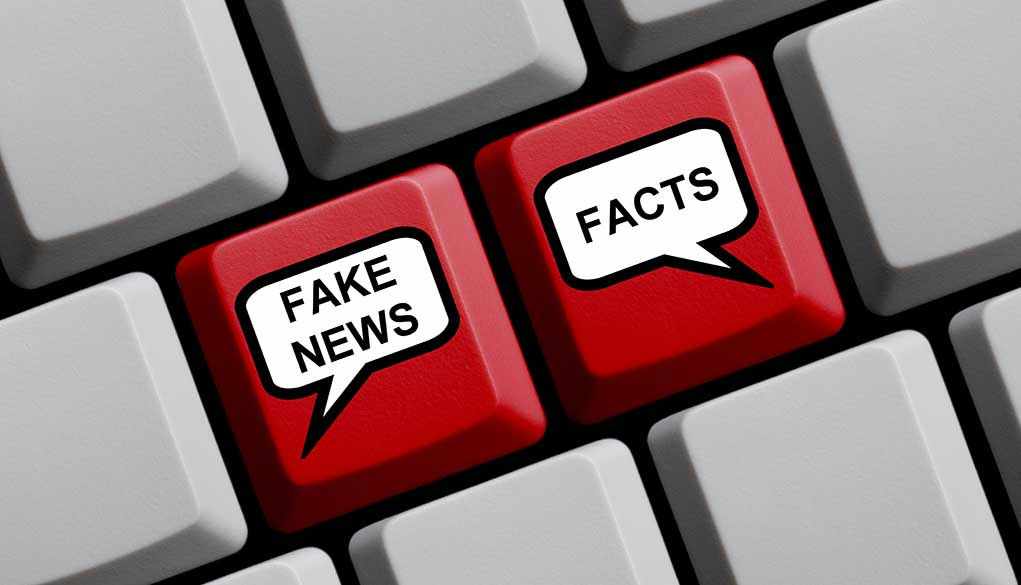
Government misinformation, more than any foreign adversary, is fueling the rise of conspiracy theories and eroding public trust in America.
At a Glance
- The Washington Post editorial criticizes Biden administration’s role in spreading misinformation.
- Public trust in government institutions has been declining for decades.
- Misinformation from both domestic and foreign sources complicates U.S. democracy.
- Hunter Biden laptop story and Biden’s cognitive health are focal points of controversy.
Erosion of Trust in Government
Public trust in U.S. government institutions has reached a historic low, and it’s not just because of foreign interference. The Washington Post editorial board recently criticized the Biden administration for its role in spreading misinformation, directly linking it to the rise of conspiracy theories. This editorial, published on July 18, 2025, highlights how the suppression of stories like Hunter Biden’s laptop and the handling of President Biden’s cognitive health concerns have contributed to a growing distrust in government.
The editorial board’s position is that the administration’s actions have made the public more susceptible to conspiracy theories. The Biden administration’s attempts to manage public perception, maintain credibility, and win elections appear to have backfired, leading to significant erosion of public trust. This is not a new issue; public trust in government has been on a steady decline since the 1960s, dropping from about 75% in the early 60s to below 30% since 2007.
The Role of Misinformation
Misinformation and disinformation have become central issues in U.S. politics, particularly since the rise of social media and the contentious 2016 and 2020 election cycles. Both domestic and foreign actors have been responsible for spreading misleading narratives, undermining public confidence in democratic processes. In 2020, 51 former intelligence officials signed a public letter suggesting that Hunter Biden’s laptop bore “all the classic earmarks of a Russian information operation.” This claim was later contradicted by evidence proving the laptop’s authenticity.
Moreover, the Biden campaign reportedly pressured social media companies to suppress stories about the laptop’s contents, which critics argue is a form of government overreach and censorship. Allegations regarding President Biden’s cognitive decline have also been a persistent source of controversy, with accusations that the administration sought to downplay or obscure these concerns.
Social Media’s Double-Edged Sword
Social media companies, acting as platforms for information dissemination, have been caught in the crossfire of this misinformation battle. They face pressure from both the government and the public regarding content moderation policies. The issue remains highly politicized, with ongoing debates about the appropriate balance between combating misinformation and protecting free speech.
Social media’s role as a gatekeeper of public discourse complicates the information environment and public perceptions of legitimacy. The editorial board of The Washington Post argues that the government’s attempts to suppress or manage information can backfire, fueling further distrust and conspiracy thinking. Scholars emphasize the importance of transparency and accountability in maintaining public trust, warning that overzealous content moderation can be counterproductive.
Implications for Democracy
The implications of this erosion of trust are profound. In the short term, the public’s increasing polarization and susceptibility to conspiracy theories could further weaken democratic norms and processes. This erosion of trust in government institutions and mainstream media creates a more divided society, where achieving consensus on public policy becomes increasingly difficult.
In the long term, the potential weakening of democratic norms and processes poses a threat to governance, legitimacy, and electoral integrity. The general public, especially those who rely on government and media for information, are the most affected by these developments. Social media companies, meanwhile, continue to navigate the challenging waters of regulatory pressures and free speech concerns.
Sources:
Fox News summary of The Washington Post editorial and context
Brookings Institution analysis of misinformation and public trust




